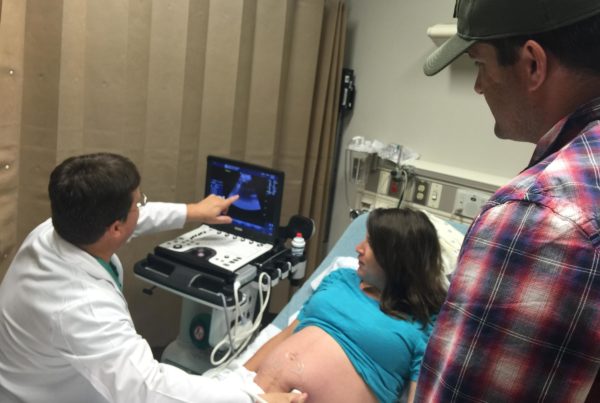Last year, a Southern Methodist University seismology team released a report that declared that recent earthquakes in and around Azle in North Texas were “most likely” caused by oil and gas operations in the area – specifically, wastewater injected into disposal wells underground.
But the Texas Railroad Commission, which regulates energy operations in the state, regarded the findings as inconclusive. That triggered criticism that Texas regulators were in denial.
Jim Malewitz, who covers energy and the environment for the Texas Tribune, says he found the report that reviewed the state’s handling of disposal wells. “The EPA, in its review of the Railroad Commission’s handling of these programs, has said, despite what you say, we think that there’s a ‘significant possibility’ that the recent earthquakes in North Texas were linked to this oil and gas activity,” Malewitz says.
Scientists conducting research often hedge their findings, Malewitz says, but, in this case, the evidence is growing.
“At this point, the Railroad Commission really kind of stands alone,” he says, “in not at least going out there and saying, ‘There is at least a very high likelihood that all of these earthquakes that we’ve never previously felt are tied to the industry.'”
It’s not fracking in particular that seems to cause these earthquakes – it’s the water injected into disposal wells, Malewitz says. And the EPA has the power to revoke the Railroad Commission’s ability to regulate disposal wells.
“It hasn’t necessarily said it’s going to do that,” he says. “I think we’re several steps away from that, but this could potentially hold a little bit more sway when the Railroad Commission is thinking about its approach to public relations on this issue and whether it wants to risk, potentially down the road, losing that authority.”
In its statements to Malewitz, the Railroad Commission is trying to show it’s taking the issue seriously, he says, without recognizing the link between disposal wells and earthquakes directly.
“They’re still not coming out and publicly saying that this activity is linked to earthquakes,” Malewitz says.
Post by Hannah McBride.
















